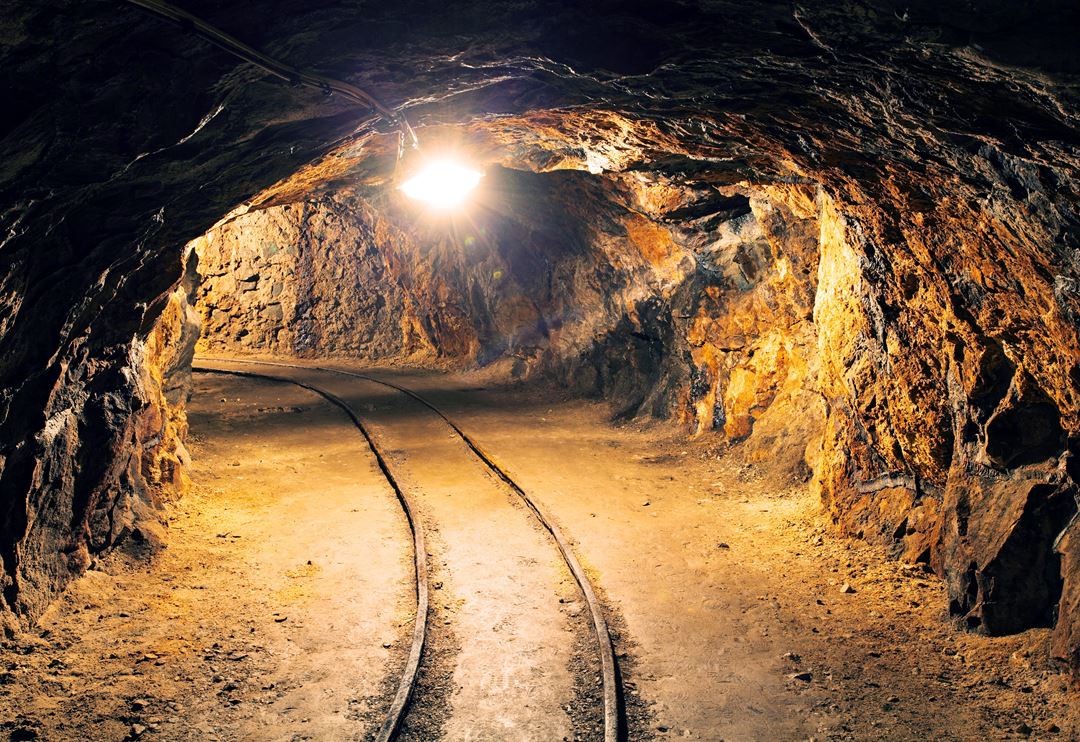The RICAS2020 project is a design study for an underground research infrastructure located in Austria for the evaluation of performances and feasibility of Advanced Adiabatic Compressed Air Energy Storage (AA-CAES). In the project, we will concentrate on the technical, legal, institutional and financial requirements for this type of facilities.
One of the main challenges of the current energy industry is the difficulty to efficiently store energy produced by many renewable sources during periods of low demand. The basic idea behind an AA-CAES facility is to store electric power by compressing air in an underground facility (cavern or tunnel) and to convert it back in periods with high energy demand.
The new design concept to be developed in RICAS2020 is to be independent from geological conditions so that energy can be stored directly at all places where high energy demands will exist, i.e. close to big cities and other large consumers of energy. Thus it is essential to be able to:
- install the AA-CAES completely underground,
- design the necessary underground structures in a most economical way e.g. by reusing part of the tunnel/cavern excavation material directly in the cavern to store the heat and to build up the lining,
- excavate the underground structures in a safe way without producing significant amounts of vibrations and noise and dust.
In 2009, the European Union adopted a 'climate and energy package' including that at least 20 % of EU gross final energy consumption have to come from renewable energy sources until 2020. Unfortunately, the main problem related with most renewable energy sources is the intermittent nature of their production. This has generate the necessity of large energy storage system to compensate for the under production periods by using energy stored during overproduction periods.
Compressed Air Energy Storage (CAES), where compressed air is stored in underground caverns, is a well-known option of energy storage and the only currently feasible large-scale technology apart from pumped hydro storage. This storage method has several drawbacks due to the necessity of burning large amount of fossil fuel during the discharging phase with a consequent very low system efficiency (approximately 40 %).
The innovative Adiabatic CAES Method or Advanced Adiabatic Compressed Air Energy Storage (AA-CAES) is designed to deliver higher efficiencies, up to 70 %, via a zero-carbon process. This will be possible by use of an innovative thermal energy storage system that will remove the necessity of burning fuel during the discharge phase. Even more, the big advantage of the new concepts will be that the underground energy storage can be performed independently from the encountered geological conditions so that a facility can be located at all places where high energy demand exists.
The aim of the project is to plan a research infrastructure dedicated to AA-CAES — especially targeting the research areas of Thermal Energy Storage, Advanced Materials for the lining of caverns considering high pressure and high temperature, drilling technologies supported by laser, and safety and security issues of underground energy storage.
SINTEF Materials and Chemistry and SINTEF Byggforsk are highly involved in the project as leader for the subsurface engineering work package. This will involve the development of innovative systems and material combinations for providing the required sealing of the cavern.
Budget: 1.373.637,50 Euro, Consotrium: MONTANUNIVERSITÄT LEOBEN, Stiftelsen SINTEF, ETH Zürich, HBI Haerter GmbH, BAYERISCHES LASERZENTRUM, ALSTOM (SWITZERLAND) LTD, ACONDICIONAMIENTO TARRASENSE ASSOCIACION (LEITAT)
This project is led by Leoben University and has received funding from the European Union's Horizon 2020 research and innovation programme under grant agreement No 654387
For more information about the project, see http://www.ricas2020.eu/

